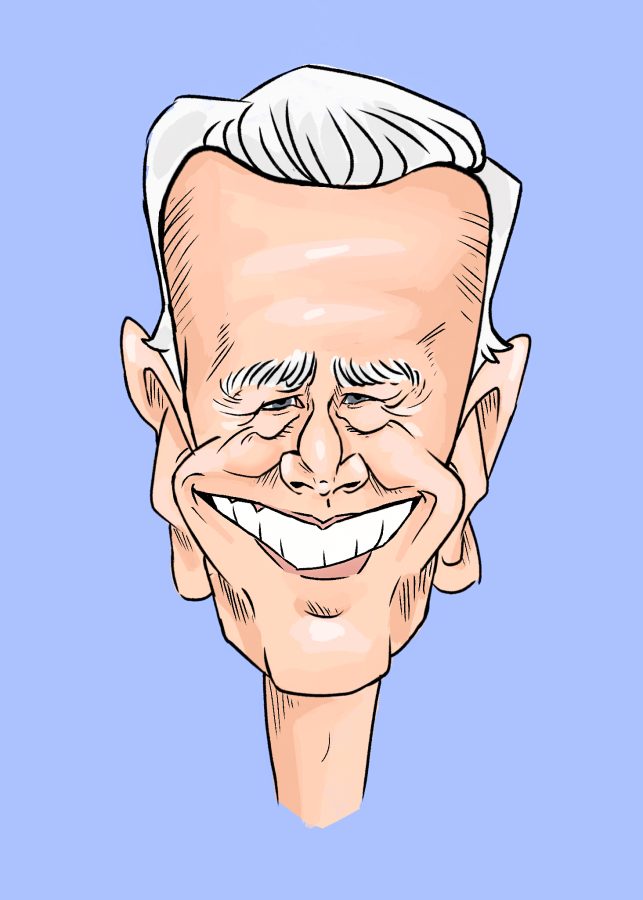With the new year right around the corner and the 2022 Winter Olympics in Beijing quickly approaching just after the new year, a recent announcement has come out from the White House that there will be a boycott of U.S. diplomats to the upcoming 2022 Winter Olympics.
Early in the week of Dec. 5, the White House announced that it would not be sending an “official delegation” to the Winter Olympics because “of concerns about China’s human rights record.”
White House Press Secretary, Jen Psaki, confirmed the boycott during a press conference on Monday, Dec. 6.
“U.S. diplomatic or official representation would treat these games as business as usual in the face of the PRC’s [People’s Republic of China] egregious human rights abuses and atrocities in Xinjiang. We simply can’t do that,” stated Psaki during the press conference.
Athletes from the U.S. can attend the games and “would have the government’s full support.” Psaki added that the government did not feel “it was the right step to penalize athletes who had been training for this moment,” but that not sending an official U.S. delegation to the 2022 Games “could send a clear message.”
According to the BBC, following the U.S.’ announcement that they will not be sending a delegation to the Games, New Zealand announced on Tuesday, Dec. 7, that they would also not be sending a delegation, “due to concerns about the ongoing COVID-19 pandemic.”
“But we’ve made clear to China on numerous occasions our concerns about human rights,” Deputy Prime Minister Grant Robertson stated.
The BBC also made note that other countries such as Australia, Japan and the U.K. are “said to be considering boycotts.”
China has spoken out against the diplomatic boycott by the U.S.
Foreign ministry spokesman, Zhao Lijian, stated “China would take ‘resolute countermeasures,’” according to the BBC.
According to the Associated Press, “Lijian accused U.S. politicians of grandstanding over the issue of not sending dignitaries to attend events that China hopes will showcase its economic development and technological prowess.”
Tensions currently run high between the U.S. and China.
“The U.S. has accused China of genocide in its repression of the predominantly Muslim Uyghur minority in the western region of Xinjiang—an allegation China has strongly denied,” according to the BBC.
Tensions also run high over China’s “suppression of political freedoms in Hong Kong,” and concern for Chinese tennis player Peng Shuai, who accused a top government official of sexual assault and hasn’t been seen for weeks.
The BBC reports that “The Women’s Tennis Association last week [week of Nov. 28] suspended all tournaments in China because of ‘serious doubts’ about Ms. Peng’s safety.”
“On Chinese social media platform Weibo, the search topic ‘U.S. diplomatic boycott of Beijing Winter Olympics’ has been censored as of Tuesday morning,” wrote the BBC.
According to the Associated Press, “The International Olympic Committee in a statement called the decision to keep dignitaries away from the game a ‘political decision for each government’ that it ‘fully respects.’”
“At the same time, this announcement also makes it clear that the Olympic Games and the participation of the athletes are beyond politics and we welcome this,” according to the IOC statement.
The 2022 Winter Olympic Games are set to begin on Friday, Feb. 4 and end on Sunday, Feb. 20. Opening and closing ceremonies are set to take place in Beijing, with various winter sports being held in Beijing, Yanqing and Zhangjiakou.

